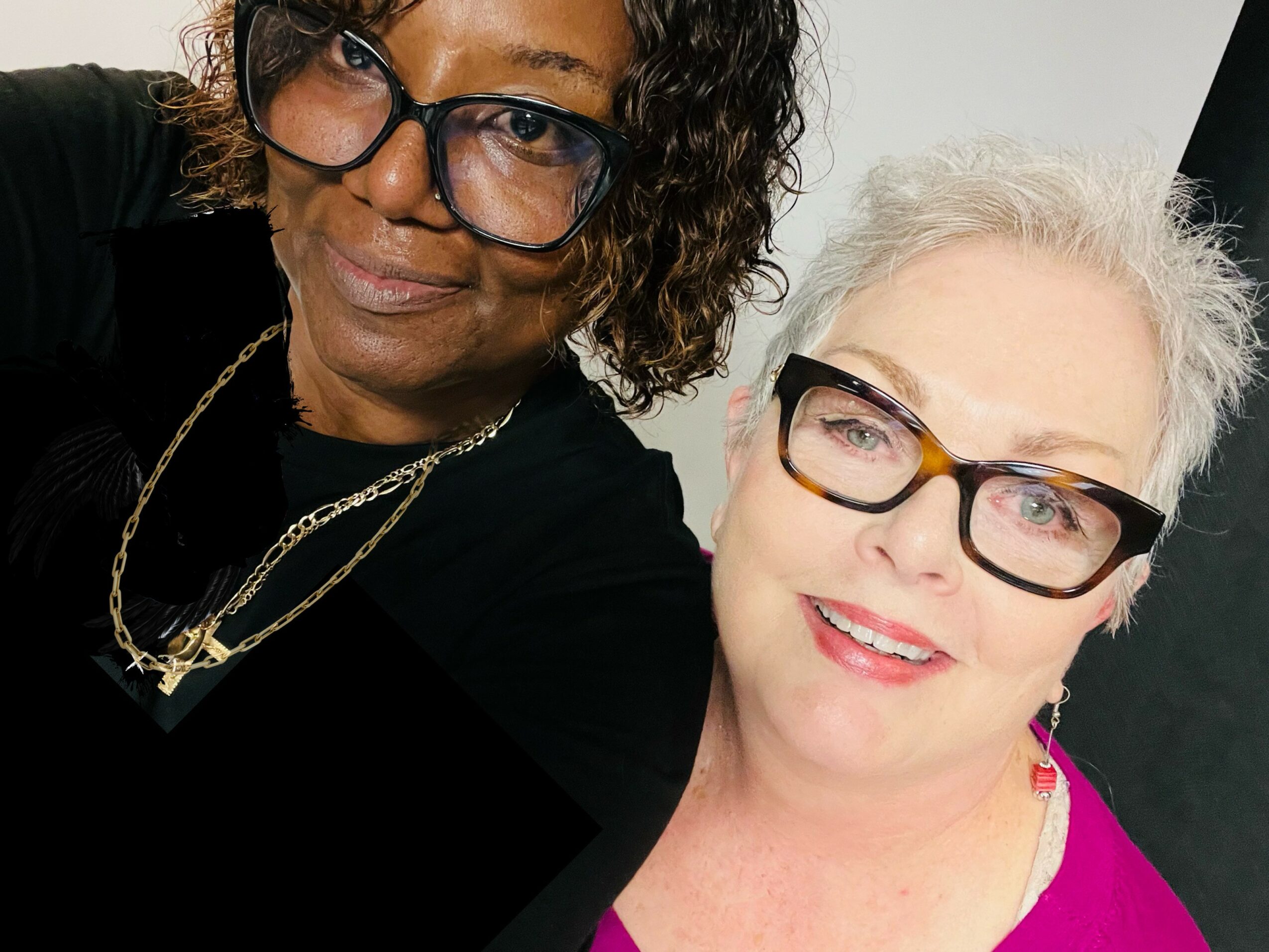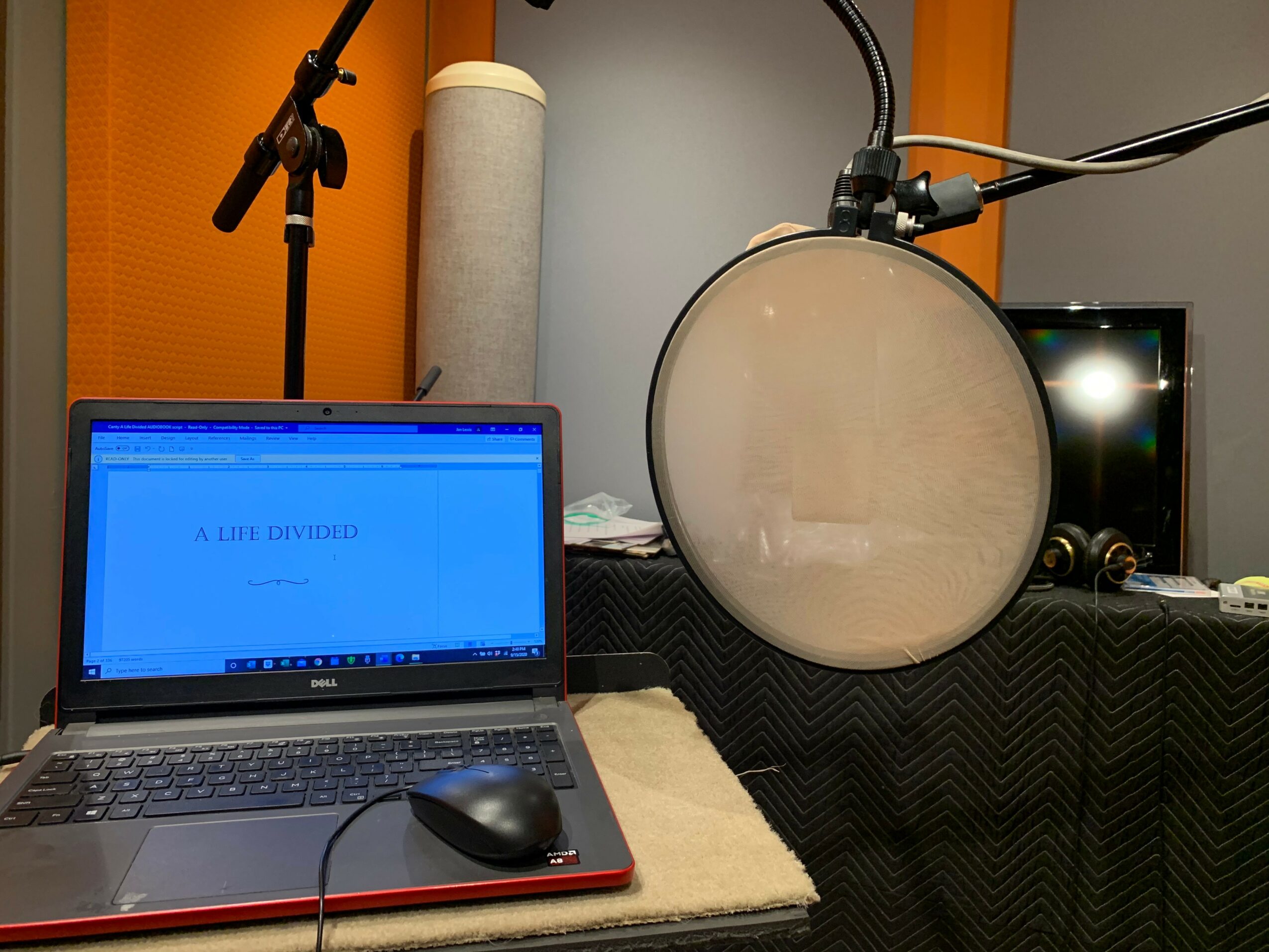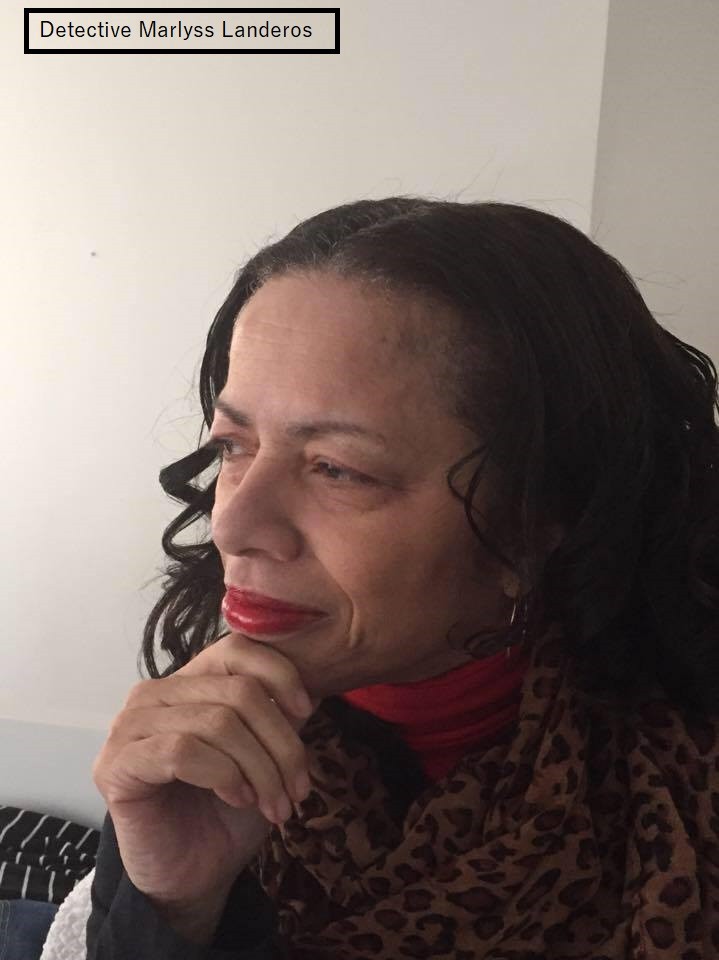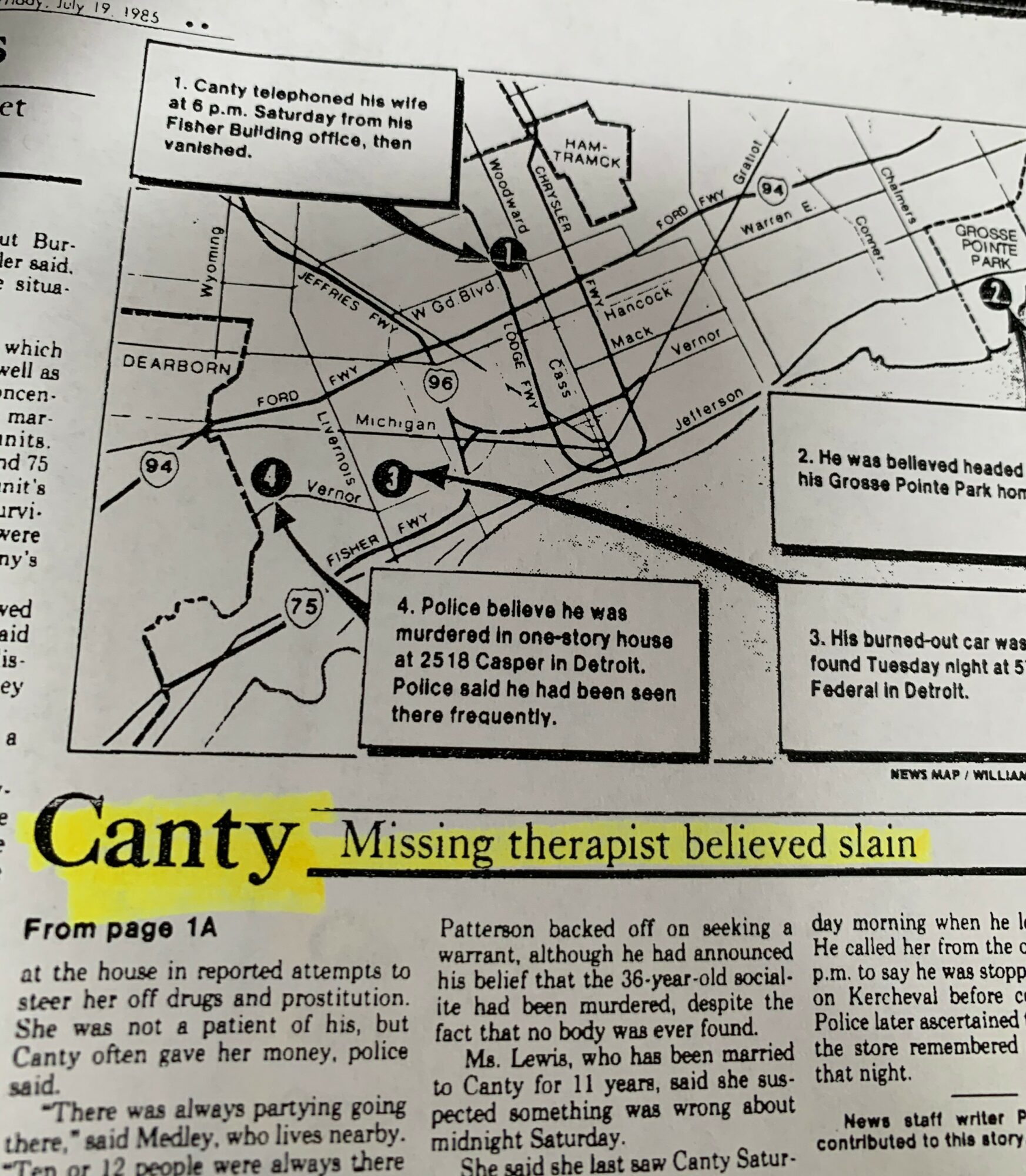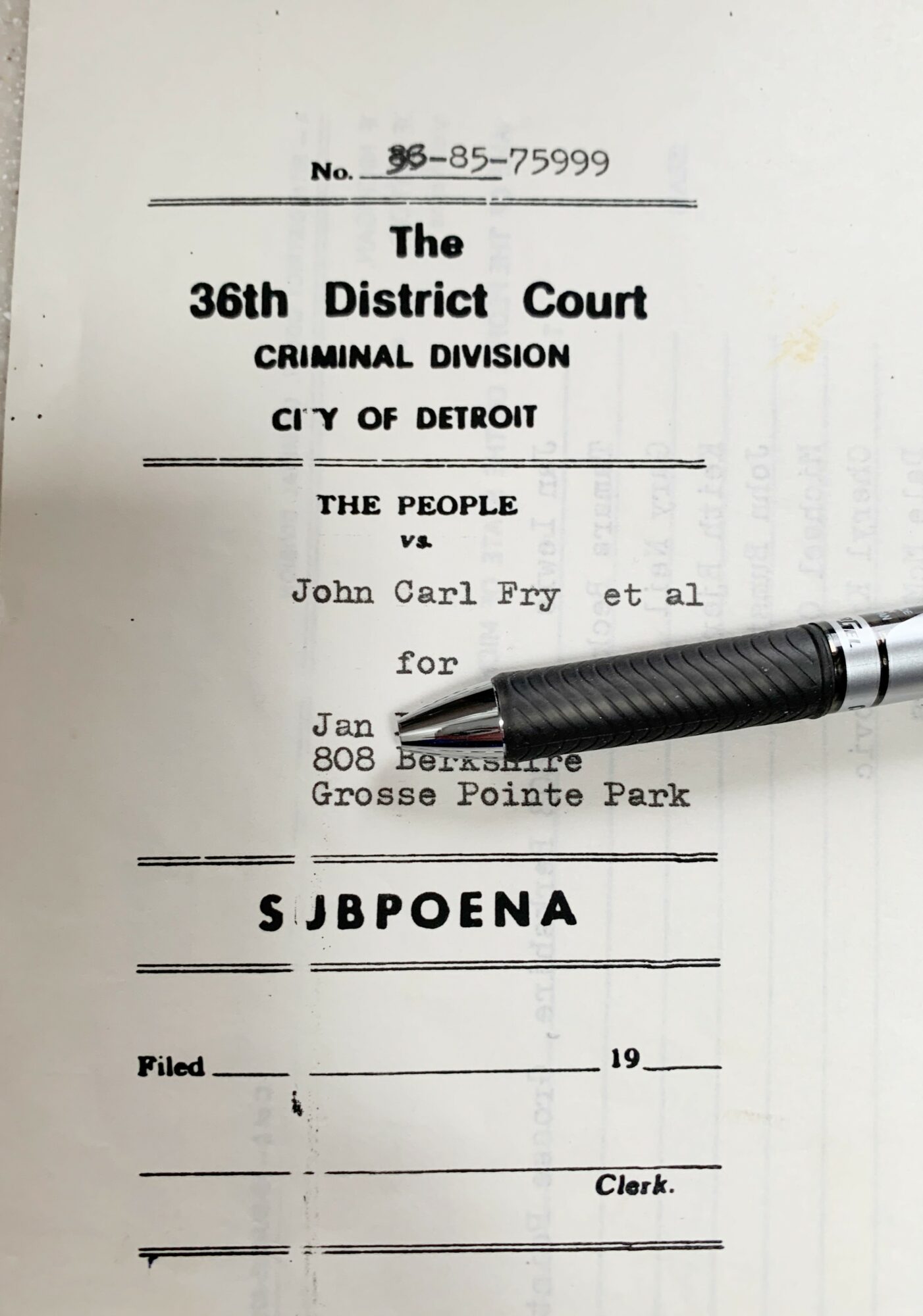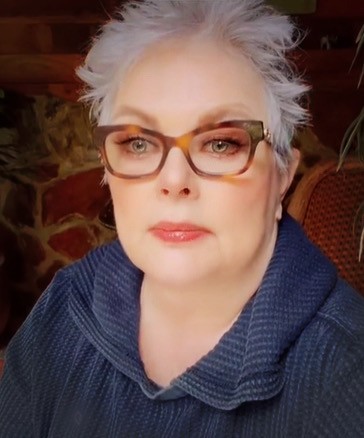

Today we’d like to introduce you to Jan Canty.
Hi Jan, it’s an honor to have you on the platform. Thanks for taking the time to share your story with us – to start maybe you can share some of your backstories with our readers.
I was married for 11 years to a psychologist – to a man 18 years older (Al Canty) We were both born and educated in Detroit and later worked in the Fisher Building.
I was finishing my post-doctoral fellowship at the WSU Medical Center when Al went missing in July 1985.
He was found murdered 10 days later.
John Carl Fry Senior from Casper Street in Detroit, beat Al to death with a baseball bat and dismembered him (over money). The accomplice was Dawn Marie Spens from Eastpoint. Dawn helped John transport his body parts (in Al’s car) north to Petosky following the murder. Some were tossed off onto the I-75 freeway offramps. An accomplice by the name of Dale Frank McMaster helped John bury Al in a bog near Petosky at the University of Michigan Biologic Station.
The DPD arrested John Fry Sr and Dawn M Spens in August of 1985 because McMaster turned himself in and told them everything in exchange for immunity.
I was subpoenaed to attend the preliminary exam at the Frank Murphy Hall of Justice. I did not attend the trial in December -I wanted nothing to do with it. I did not want more media attention and nothing in that courtroom could reverse the harm done to me.
Both were convicted. John got the maximum, and Dawn got the minimum.
Two years later I made the difficult decision to leave Detroit and did not speak of it for 30 years.
But in 2020 I reversed course and have done everything since then that I can to help other so-called “homicide survivors.”
Would you say it’s been a smooth road, and if not, what are some of the biggest challenges you’ve faced along the way?
The “smoothest part” was having Detective Marlyss Landeros at my side. She kept my sanity and was very professional.
However, the media had no boundaries – they even showed up at the morgue and disrupted his funeral.
Verheyden Funeral Home (GPP) did nothing to keep the media out despite my repeated requests.
Laws made things harder for me (and other homicide survivors) like (in)trying to sell my house. I had to disclose what had happened to any buyer or risk the purchase being rescinded.
Back then, there was no internet and no victim rights laws in the courtroom.
AIDS had just been discovered. Al had been involved with Dawn (an IV drug user) so I was tested for AIDs even though there was no treatment for it. The test was imperfect, so it had to be repeated yearly for 7 years.
Al left me broke. He had given all our money to John and Dawn and left me $30,000 in debt (1985 dollars.) He lied about having life insurance.
My family did not live near me (they were 900 miles away)
Strangers drove by my house, paused to take photos and stole items.
I did not want to leave Detroit. It was my home, but I felt I had no alternative.
Thanks – so, what else should our readers know about your work and what you’re currently focused on?
I am trained as a psychologist, but that did not help (ed) me the most. I feel the way my parents raised me made a big difference. They were native Detroiters also. They stressed accountability and self-determination. Also, I have learned a great deal from other homicide survivors from around the world through my podcast. It is now in its 4th season and heard in 20 countries. I have never found (2) two murders to be similar, but the aftermath is.
I have written two books: “A Life Divided” (a memoir) and “What Now? Navigating the Aftermath of Homicide and Suicide.” The latter one is a 300-page reference book written with the collaboration of 17 other experts from various fields.
I regularly speak to large groups of homicide detectives, crime scene cleanup companies, and others as opportunities arise.
I administer a private FB group for homicide survivors and have consultants “in the wings” to help with technical questions.
I am active in the Innocence Project because I believe legislators need to hear from crime victims about wrongful convictions. Yes, we want perpetrators tried, convicted, and sentenced – but only if they are accurate. I oppose the Reid Technique (which was developed by a psychologist decades ago) used to coerce confessions.
Is there any advice you’d like to share with our readers who might just be starting out?
1. Know your rights as a crime victim by looking into Marsy’s Law.
- If you need a crime scene cleanup company contact the American Bio-Recovery Association for a recommendation.
- Work with a Crime Victim Advocate (contact the prosecutor office).
- Consider joining a support group for other homicide-survivors.
- See a physician within the first month from the death for the probability of health issues (like insomnia, indigestion, hypertension and worsening of diabetes).
- Do not be surprised if you have a turnover of friendships. This is common.
- Consider having a private funeral (discussed in my book).
- It is preferable to use a family spokesperson with the media
- Know you are not alone. Bad things can and do happen to good people.
- Know that murder defies logic and rules of fairness. It has the empathy and logic of an avalanche. You will always have unanswered questions.
- Do not expect to return to baseline after the homicide. You will find a new normal in time and a sizeable number of people develop increased resilience, empathy, confidence and awareness after a violent death of a loved one.
Contact Info:
- Email: [email protected]
- Other: https://www.spreaker.com/show/domino-effect-of-murder
- TikTok: https://www.tiktok.com/@jancantyphd
